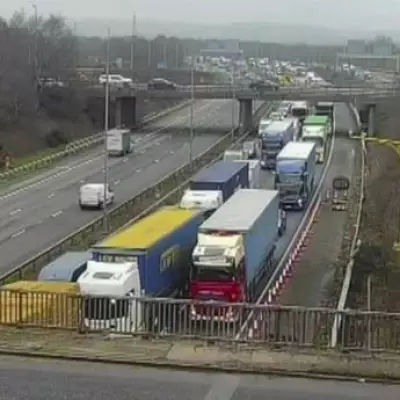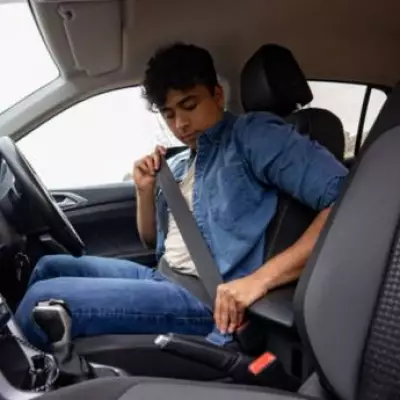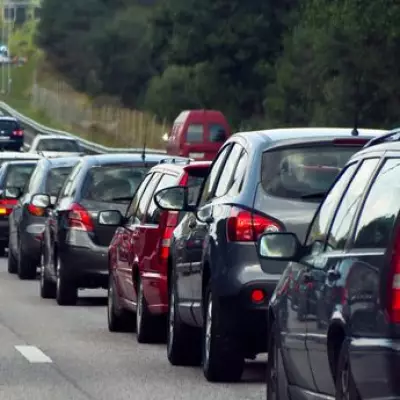
Britain's love affair with the car is facing an unprecedented challenge as spiralling costs force drivers to contemplate giving up their vehicles altogether. Startling new research reveals the true extent of the financial pressure facing motorists across the country.
The Breaking Point: Insurance Premiums Skyrocket
According to a comprehensive survey by Confused.com, a perfect storm of financial pressures is pushing drivers to their limits. While fuel prices and general living costs contribute to the strain, it's the relentless rise of car insurance premiums that's proving to be the final straw for many.
The data reveals that insurance costs have surged by an average of £100 in just three months, with typical comprehensive cover now exceeding £950 annually. For younger drivers, the situation is even more dire, with some facing premiums well over £2,000.
Who's Most Affected by the Cost Crisis?
The research identifies clear patterns in which drivers are considering drastic action:
- Young drivers aged 17-24 are most likely to consider giving up driving
- Urban residents are reconsidering car ownership due to available alternatives
- Low-income households are being disproportionately impacted
- Multiple car households are considering reducing their fleet
The Ripple Effect on Daily Life
Louise Thomas, motoring expert at Confused.com, highlights the real-world consequences: "For many, driving isn't a luxury but a necessity. The fact that so many are considering giving up their cars speaks volumes about the financial pressure households are under."
The research indicates that drivers are exploring various alternatives, including increased use of public transport, cycling, walking, and car-sharing arrangements. Some are even considering relocating to areas with better transport links to reduce their dependency on private vehicles.
Is This the End of Car Culture?
While the data suggests a significant shift in attitudes towards car ownership, experts caution that the UK's transport infrastructure may not be ready to accommodate a mass exodus from private vehicles. The research serves as a wake-up call for policymakers and the automotive industry alike.
As Thomas notes, "This isn't just about motoring choices - it's about how people will access work, education, and essential services in the future."





